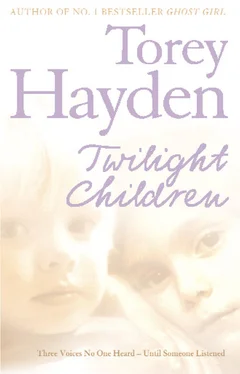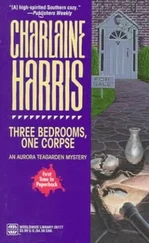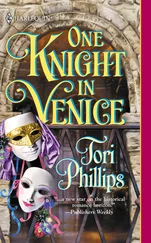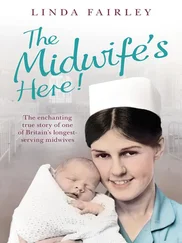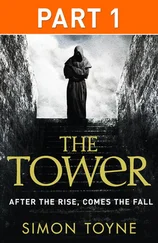What drew Mr. Sloane to me was an article he had read in the city’s Sunday newspaper about my research into elective mutism. He had a four-year-old grandson named Drake, his only child’s only child. The boy did not speak outside the home. Mr. Sloane said he was an exceptionally intelligent and lively boy; however, he had always refused to speak to almost everyone. The family had taken him to various specialists locally with no success. When Mr. Sloane read about my work, he knew here was Drake’s problem. And I was the solution. Drake had elective mutism and if he came to see me, he would be cured.
The rest of the letter outlined how money was no object nor was distance or effort. They’d do anything to see Drake had the help he needed and I was it. All I had to do was name my price and make the arrangements.
Sitting back in my desk chair, I sighed. The article he was referring to in the newspaper had been one of those things that had seemed like a good idea at the time I did it. This was before I’d gained any insight into how important it was to journalists to write dramatic stories, even if there wasn’t actually any drama in your work to write about, and how, if you did get suckered into talking about your favorite bit of research, a reporter desperate to prove to his boss he can write something more exciting than this week’s round of society weddings was not the best guy to open up to. What I had hoped would be an article providing general information on this surprisingly common childhood problem metamorphosed into pop psychology sound bites that not only had never come out of my mouth but also diminished my treatment methods, making them sound effortlessly, almost arrogantly effective, as if there were no margins for error at all.
There was more to worry about in Mr. Sloane’s letter, however. It was clear from the tone that he had already made several sweeping assumptions: that Drake was a perfectly ordinary boy just waiting to be cured, that “cure” was just a matter of finding someone with the magic to do it, and that enough money could fix anything.
The way the hierarchy was set up at the hospital meant each child who entered the unit was assigned his or her own team of specialists, which would include nursing and care staff, psychologists, occupational or physical therapists and educators from the unit, plus liaison people, who would continue to work with the child when he or she returned to the community. Each such team was always headed by a child psychiatrist. Even if one of us in an allied position had been responsible for referring a child to the unit with the intention of working more intensively on a problem ourselves, nonetheless, the case leader was still one of the psychiatrists. This was because the unit was, first and foremost, a medical facility. The child psychiatrists, by virtue of also being medical doctors, were thus always at the top of the pecking order. Moreover, it was they alone who were able to prescribe drug treatment in addition to the other forms of therapy.
I wasn’t known for being a natural team player, certainly not back in my teaching days, when I’d rather relished the “outsider” status provided by being in special education, and I had always been inclined to rebellion. However, I found this hierarchical approach worked well in the tightly structured hospital setting. I was grateful not to be in a position to make the ultimate decisions, which were often very gray and, thus, very difficult, and frequently had grave consequences. Even more, however, I enjoyed the intellectual stimulation provided by regular interaction with professionals whose background and training were very different from my own.
We had five child psychiatrists, four men and a woman, and they were, all of them, sharp, erudite individuals. My favorite among them was Dave Menotti, who was affable and witty and most likely to come down from “Heaven” – our term for the corridor on the floor above where the psychiatrists’ offices were – to fraternize with us. Harry Patel, however, was the psychiatrist I most looked forward to leading my team. He was a quiet man who seldom socialized, so it was hard to get to know him personally. A native of New Delhi – indeed, a fairly recent immigrant – he often gave the impression of not quite having a command of English, and this contributed to his slightly aloof nature. But this wasn’t true. Harry just didn’t waste words if none were needed. And Harry was stunningly good at what he did. I would have expected the difference of cultures to work against him, but this hadn’t happened. Indeed, perhaps it was this that gave him such astute powers of observation, because I found he could see depth even in the most ordinary of situations. Faint nuances of behavior, fleeting expressions, sighs, silences. He took them all in. He worked with incredible delicacy, never pushing the children, never leading, only following. I loved watching him in action, and I loved even more the chance at his guidance.
So, even though I had qualms about Mr. Sloane’s letter regarding his grandson, if Harry suggested we observe the child, I was happy to do so. Thus, I cleared my schedule, packed up my “box of tricks,” and set out for the long journey to Quentin.
Конец ознакомительного фрагмента.
Текст предоставлен ООО «ЛитРес».
Прочитайте эту книгу целиком, купив полную легальную версию на ЛитРес.
Безопасно оплатить книгу можно банковской картой Visa, MasterCard, Maestro, со счета мобильного телефона, с платежного терминала, в салоне МТС или Связной, через PayPal, WebMoney, Яндекс.Деньги, QIWI Кошелек, бонусными картами или другим удобным Вам способом.
